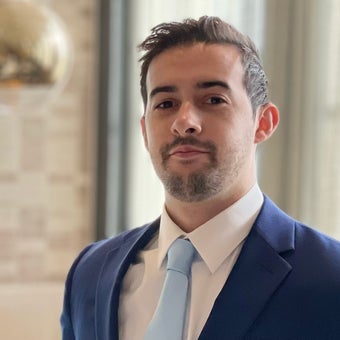How will artificial intelligence impact the workforce?
Fox News Washington-based correspondent Mark Meredith breaks down which jobs are most at risk during the AI revolution on 'Special Report.'
Artificial intelligence (AI) is set to completely disrupt the American education system and experts say the new technology could push forth a new model that produces more efficient and relevant students within the workforce.
While many critics have argued ChatGPT and other bots will exacerbate cheating or hinder critical thinking, others have claimed it is necessary to train students on the tool in order to set them up for future success.
David Espindola, a digital technology entrepreneur and the author of "Soulful: You in the Future of Artificial Intelligence," told Fox News Digital the current educational system is "broken" and needs a new model.
"I think education is ready to be disrupted big time," he said. "We have an education system today that is based out of the industrial revolution and the needs at that time for standardization and for people to learn math and to learn some things that were useful for people that were going to be working in factories. Well, that doesn't work anymore in today's world."
NEW NATIONWIDE PROGRAM UTILIZING AI IN SCHOOLS, WILL TURN KIDS INTO 'ROBOTS' WARN CRITICS
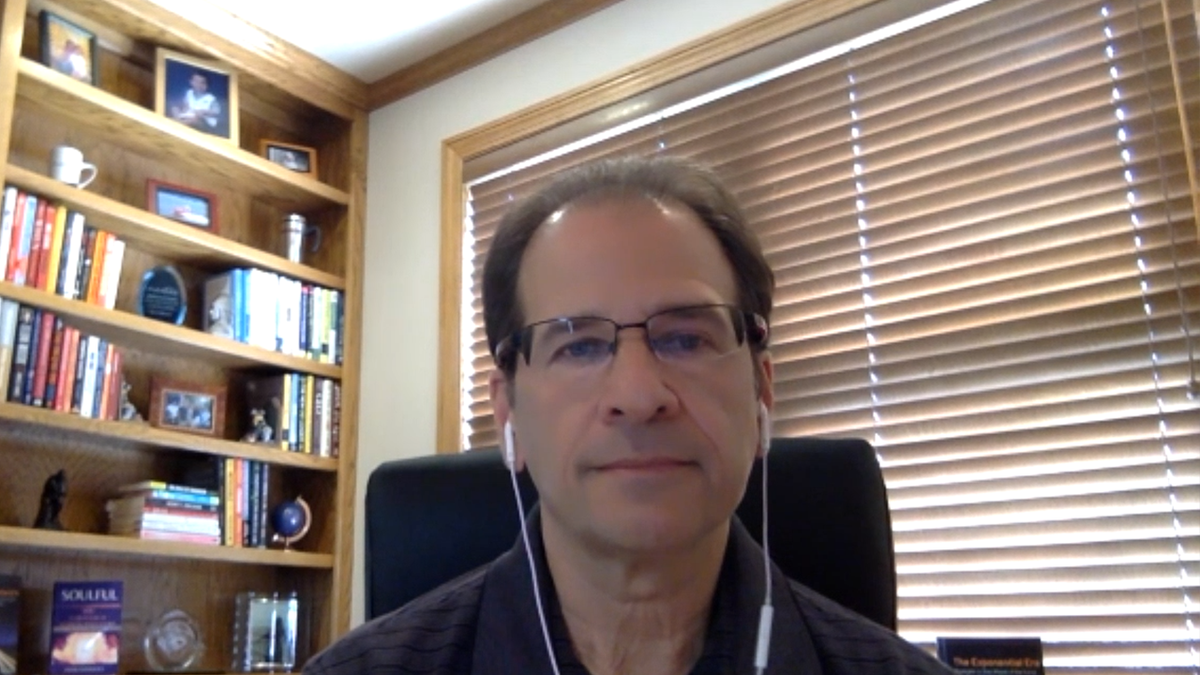
David Espindola, a digital technology entrepreneur and the author "Soulful: You in the Future of Artificial Intelligence" said he believes that the current education system is ready to be disrupted. (Fox News Digital )
In January, The New York City Department of Education reportedly banned access to the popular artificial intelligence tool ChatGPT over fears it would harm students' education and in order to help prevent cheating.
"Due to concerns about negative impacts on student learning, and concerns regarding the safety and accuracy of content, access to ChatGPT is restricted on New York City Public Schools' networks and devices," Education Department spokesperson Jenna Lyle first told Chalkbeat.
Espindola said the situation reminded him of a time when professors didn't want students to use electronic calculators but instead do the math by hand. This attitude is much less prevalent today, but Espindola said the conundrum of people being afraid of change remains.
"It's become pretty obvious now that you can use those cognitive capabilities to think at a higher level. I think the same thing is going to apply to AI. You know, these are tools that we're going to leverage and I think it's going to free us up to think at a higher level," Espindola added.
AI is accelerating rapidly, with everyone from major tech companies to small startups announcing new technological implementations on a near-daily basis. Espindola believes these swift advances will quickly lead some knowledge gleaned in school to become obsolete.
"The whole idea that, you know, you go through high school, and then you go to college, and you spend four to five years of focused learning, and then you go into the workforce, and then you don't learn anymore. That's never, that's not going to work anymore," he said. "So, it's going to have to be a lifelong learning process where you're going to constantly be studying, constantly being in the process of updating your skills."
AI EXPERTS, PROFESSORS REVEAL HOW CHATGPT WILL RADICALLY ALTER THE CLASSROOM: ‘AGE OF THE CREATOR’

Data from the National Assessment of Educational Progress shows the score changes in grade 4 and grade 8 students from 2019 to 2022. (Fox News)
In 2022, math scores in the U.S. saw their largest decreases ever, while reading scores dropped to levels not seen since 1992 for fourth and eighth graders across the country, according to the Nation's Report Card.
Additionally, college enrollment has been declining at a rate of 1% per year since 2010 and the average federal student loan debt is 37, 574 per borrower. According to the Education Data Initiative, private student loan debt is even higher, averaging $54,921 per borrower.
Espindola said this trend is unsustainable and floated the idea of an educational model that mimics the open-source movement within the tech field. While an open-source model offers free information and incentivizes people to contribute, it also needs to be packaged and supported by experts and institutions.
"You can get the best teachers from the best institutions in the world to deliver the content that you need to provide to your students, but then you need to package that in a way that, you know, you can provide credentials to people," Espindola said. "So, employers will know that this person has gone through that class and has obtained those skills. And I think that credentialing process and the packaging of the education model could be done by specialized institutions that will do that. But the source of information can come from anywhere. So, I think we need some really creative ways of thinking about education that would be radically different than what we have today."
Open AI CEO Sam Altman, the company behind ChatGPT, admitted earlier this month that he was even "a little bit scared" of the powerful technology his company is developing. While Altman predicted that artificial intelligence "will eliminate a lot of current jobs," he has said the technology will be a net positive for humans because of the potential to transform industries like education.
"Education is going to have to change," Altman said. "But it's happened many other times with technology. When we got the calculator, the way we taught math and what we tested students on totally changed."
NEW TECHNOLOGY HAS HURT STUDENTS, SHOULD BE RESTRICTED IN CLASSROOMS, EDUCATOR SAYS
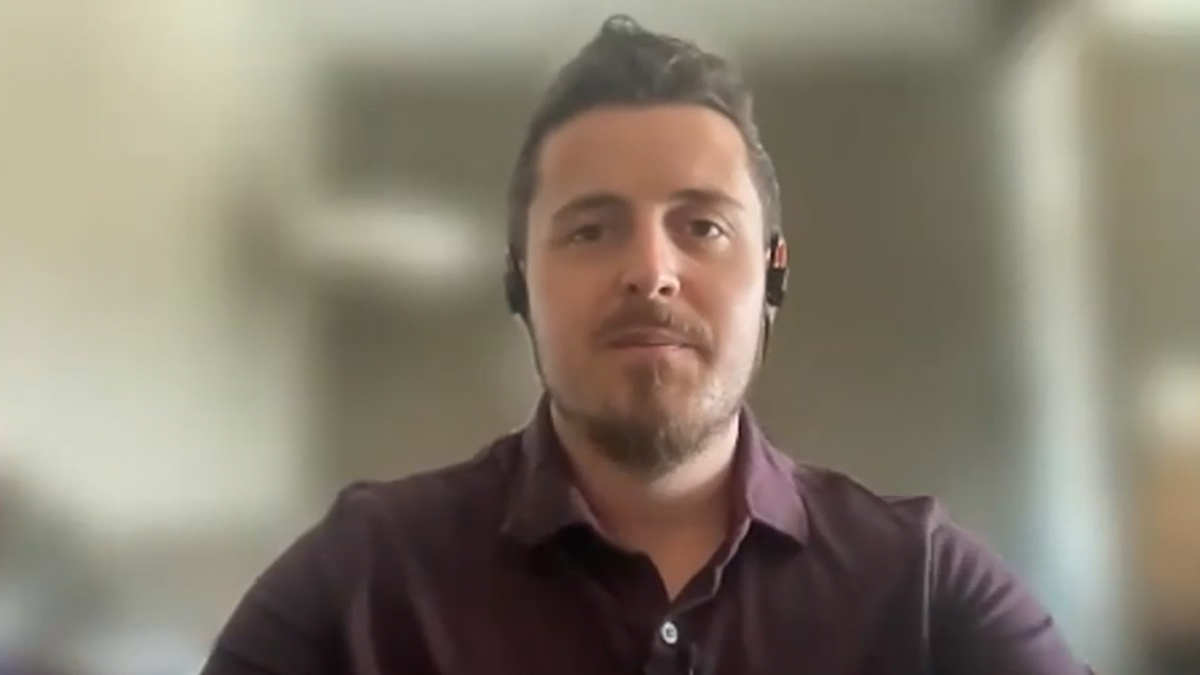
Datagrade founder and CEO Joe Toscano talks about some of the concerns and benefits related to generative artificial intelligence. (Fox News)
Speaking with Fox News Digital, DataGrade founder and CEO Joe Toscano made similar comments and said AI like ChatGPT is going to have a "dramatic impact" on education.
"What does that mean for our grading systems? What does that mean for the integrity of our academic institutions? What is actually learning nowadays versus regurgitation?" he said. "I think there's going to be huge implications, and I don't know that any of us are capable at this point of predicting where that's going to go."
Toscano added that ChatGPT could positively enhance human capabilities by finding information, curating it and allowing people to learn about things faster and in different ways.
Zachary Chase Lipton, Assistant Professor of Machine Learning and Operations Research at Carnegie Mellon University's Tepper School of Business, said he has already seen how AI has impacted his students.
For example, Lipton said one of his students had an idea for a web application despite having yet to do much user interface development. However, the student is a very skilled deep learning engineer and was able to use other components, including chatbots, to design a fully functional software system in a matter of days that would have otherwise taken him months.
"Even within the existing capabilities, people are figuring out the ways that this fits into their lives and how they can use it and the sorts of services that they can build around it," Lipton said. "I think we're only at the infancy of this kind of adoption and commercialization."
NAVY SEES AI IN ITS FUTURE BUT ADMITS ‘WE STILL HAVE A LOT TO LEARN’
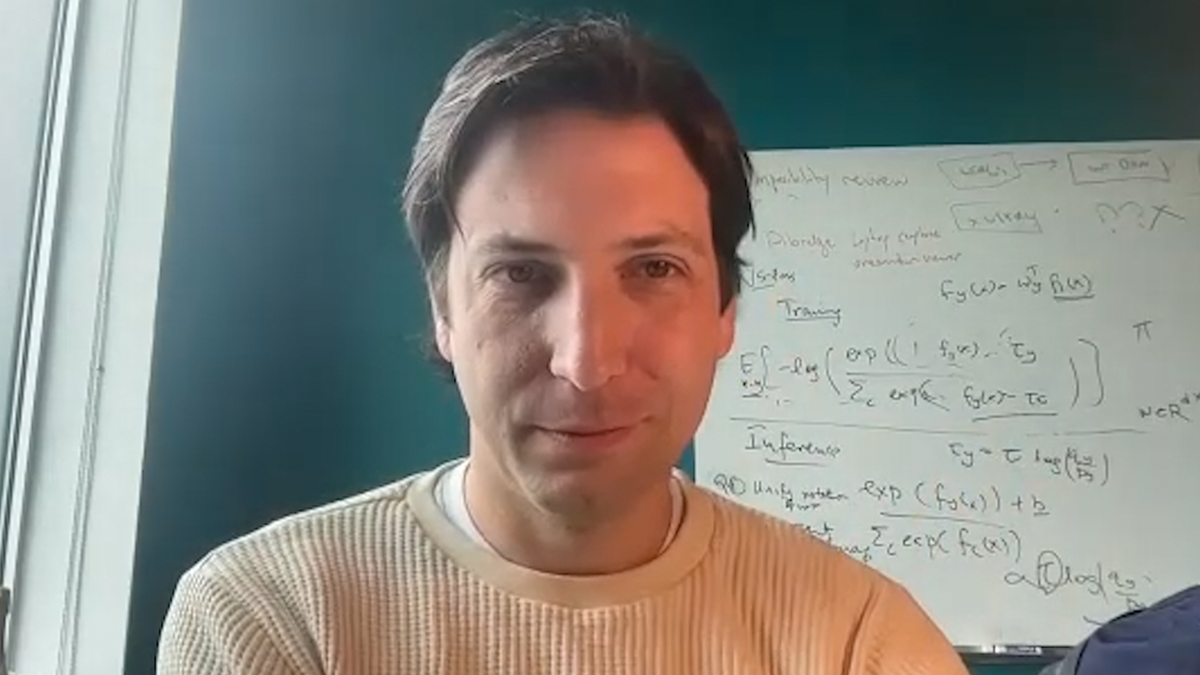
Zachary Chase Lipton, Assistant Professor of Machine Learning and Operations Research at Carnegie Mellon University’s Tepper School of Business, told Fox News Digital that AI is only at its infancy in terms of adoption and commercialization. (Fox News Digital )
Dr. Usama Fayyad, an Executive Director at the Institute for Experiential AI at Northeastern University, said AI is becoming a tool students need to be taught to leverage to stay competitive.
He also noted that AI is a tool that will make some previous technology or technique irrelevant. Fayyad said during his time specializing in engineering, there was a lot of manual written arithmetic, such as writing linear equations and some polynomials that the calculator phased out. That was followed by the Web and Google search and eventually the mobile device.
"If we continued education, ignoring all these developments, we'd be putting out graduates who are not relevant to the workforce," he said. "So, the trick becomes how do you use these things as useful tools for part of your assignments, as part of the lectures?"
At Northeastern, students and teachers have already started using AI in the classroom, from English classes to the College of Arts, Media and Design and entrepreneurial writing.
AI EXPERTS WEIGH DANGERS, BENEFITS OF CHATGPT ON HUMANS, JOBS AND INFORMATION: ‘DYSTOPIAN WORLD’
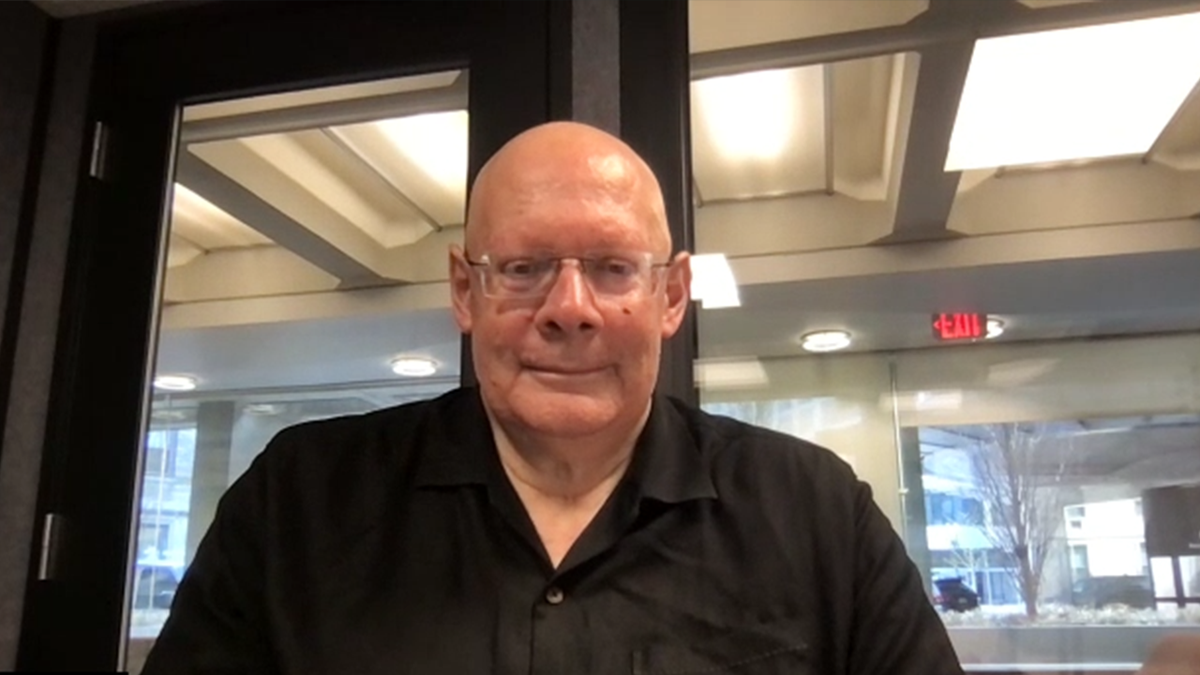
Dr. Usama Fayyad, an Executive Director at the Institute for Experiential AI at Northeastern University, said continuing education while ignoring AI developments could lead to graduates that are not relevant to the workforce. (Fox News Digital )
"Successful education is about focusing much more on the emphasis, a lot less on the rote learning. And how do you leverage the technology to avoid a lot of the robotic stuff? But this technology can be really good that and there's no point in teaching you how to do complex multiplication or division, for God's sake," Fayyad added. "A cheap device can do it for you and a web query can give you the answer. That is not where I want you to spend your time."
Fayyad said his favorite example of this idea has consistently been accounting. The accounting of 60 years ago was about big ledgers. An accountant had to have good handwriting and good addition skills in their head. But today, it's all packaged in software and programs. Usama said that while the job today has nothing to do with decades prior, accountants were not replaced. In fact, there or more accountants working today versus any other time in human civilization.
CLICK HERE FOR THE FOX NEWS APP
"They're just doing work at a much higher level, much more useful, adding a lot more value to the businesses and spending a lot of a lot less resources getting it done and getting it done more accurately and being able to revise it quickly," Usama added. "All the good stuff. I mean, I know what I'm talking about something that sounds very mundane, but that history is only 60 years old. And it's amazing how far that job has changed and how many more workers we have in it."
Fox News' Joshua Nelson and Stephen Sorace contributed to this report.








































